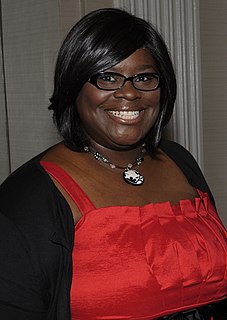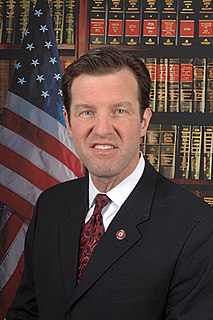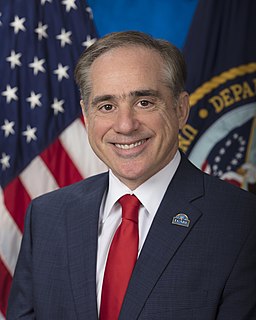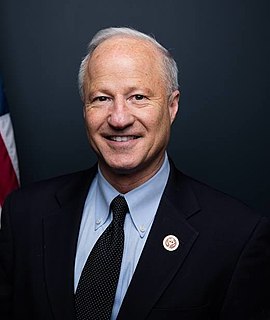A Quote by Eric Greitens
After four tours of duty as a Navy SEAL officer, I came home from Iraq and watched the VA - the second-biggest bureaucracy in the country - fail my friends. The VA was broken and my friends were suffering. And yet, time and again, the only 'solution' I heard from liberals was to spend more money. It made me angry.
Related Quotes
I think that the needs of the VA and the needs of the veteran community are very, very significant. ?e're talking about a VA system in which, in the last years a million-and-a-half more people have come into the system. You're dealing with 500,000 people have come home from Iraq an Afghanistan with PTSD and TBI. You're dealing with an older veterans population from World War II and Korea who need some difficult medical help. We want to see it be more efficient. We want to see doctors go to where they're needed.
We have about 360,000 employees in the VA health care system. It's the largest health care system in the country. And the negative attention that's been put on VA has hurt the morale of our workforce. And so what we're trying to do is to get people to understand that we're doing great work every day.
My mom works at the VA; she's been working at the VA for 15 plus years, and yet she's helping so many veterans coming back from brown Muslim countries, and my mom treats them. It's this weird - sometimes I feel torn. It's this dual identity. I'm so proud to be American, and at the same time, I disagree with our foreign policy.
The United States government was proud that, although perhaps 100,000 Iraqis had died in the Gulf War of 1991, there were only 48 American battle casualties. What it has concealed from the public is that 206,000 veterans of that war filed claims with the VA for injuries and illnesses. In the years since that war, 8,300 veterans have died, and 160,000 claims for disability have been recognized by the VA.





























